For middle and high school students participating in this year’s Fairchild Challenge they’ll have to keep their feet planted firmly on the ground, but their heads up in space.
For the first time, Fairchild Tropical Botanic Garden has partnered with the National Aeronautics and Space Administration (NASA) to allow South Florida students an opportunity to research and determine which edible plants might be suitable for growth in microgravity, aboard the International Space Station’s plant growth facility, Veggie.
“NASA has been testing their vegetable production system, Veggie, to develop a plant growth system that could produce salad crops to be grown on the International Space Station,” says Fairchild Director of Education Amy Padolf. “We knew that with our network of more than 125,000 South Florida students from 275 public private and charter schools we could help NASA scientists test more varieties of crops and conduct many more trials.”
To that end Padolf reached out to NASA scientist Dr. Gioia Massa, who, in turn, invited Paolf and Fairchild Director Dr. Carl Lewis to Kennedy Space Center this past May to meet with NASA scientists and members of the International Space Station program to propose the integration of NASA research, to test crop option for growth on the International Space Station and beyond, into The Fairchild Challenge Program. “It was met with great enthusiasm,” says Padolf.
Since then the organizations have been working closely to create and develop research protocols for the middle and high school students to experiment with crops in their classrooms.And that’s not all. “To ensure that all schools can participate, and that research is conducted equally throughout the trials, Fairchild will provide each school with a specially designed micro lab with all of the necessary tools and equipment to conduct their research beginning in September 2015,” says Padolf. Students will test factors that may influence plant growth, flavor and nutrition, with NASA using student data to determine which plant will make it to Veggie.
In fact, on August 10 astronauts in the International Space Station livestreamed video of themselves harvesting and eating the first product grown in microgravity… red romaine lettuce. ““The Veggie team is excited to think that The Fairchild Challenge students will help to find new crops that will nourish astronauts in the future on the International Space Station and someday when we explore Mars,” said Dr. Massa.
Launched in 2002, the Fairchild Challenge was designed as a competition that would appeal to students’ intellectual curiosity and currently involves more than 130,000 students from more than 300 elementary, middle and high schools (including global satellite partners). The partnership with NASA, says Padolf, is more than just a school year initiative. “We expect that this will be long term partnership that will produce incredible amounts relevant and useful data to support the work of NASA and inspire the students of South Florida,” she says. “This is the new face of science education.”


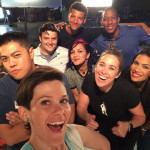
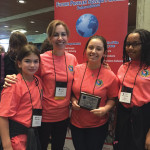
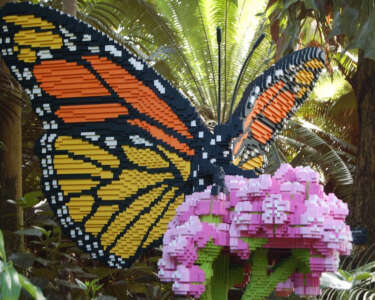
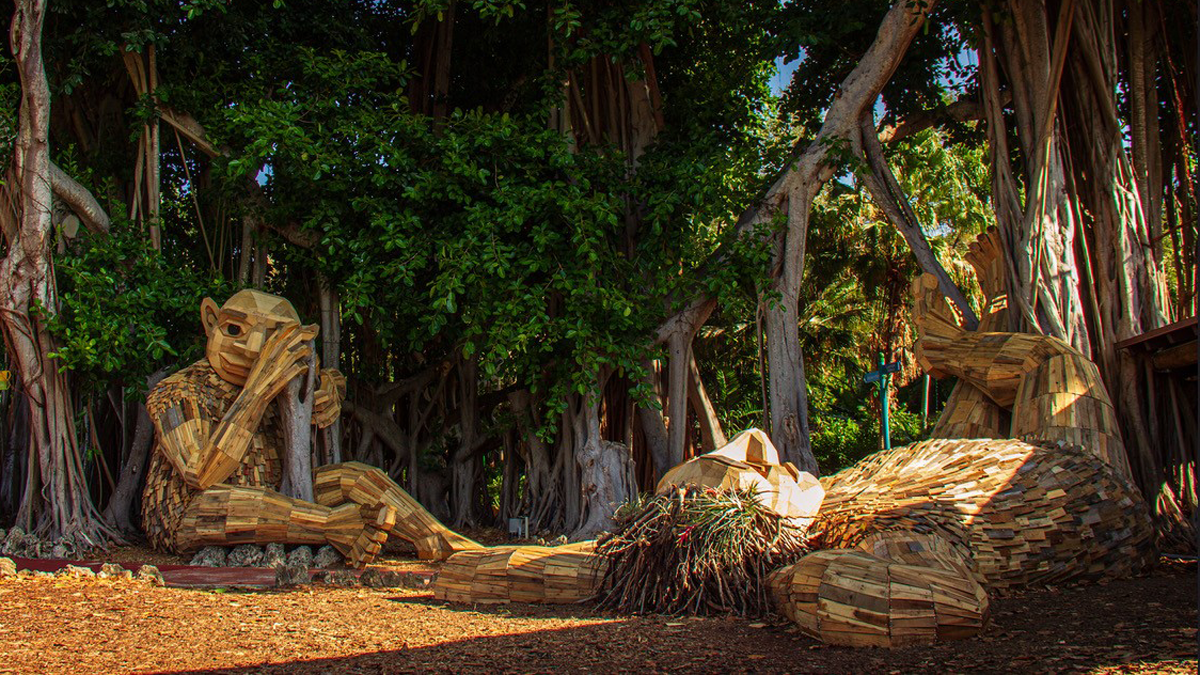

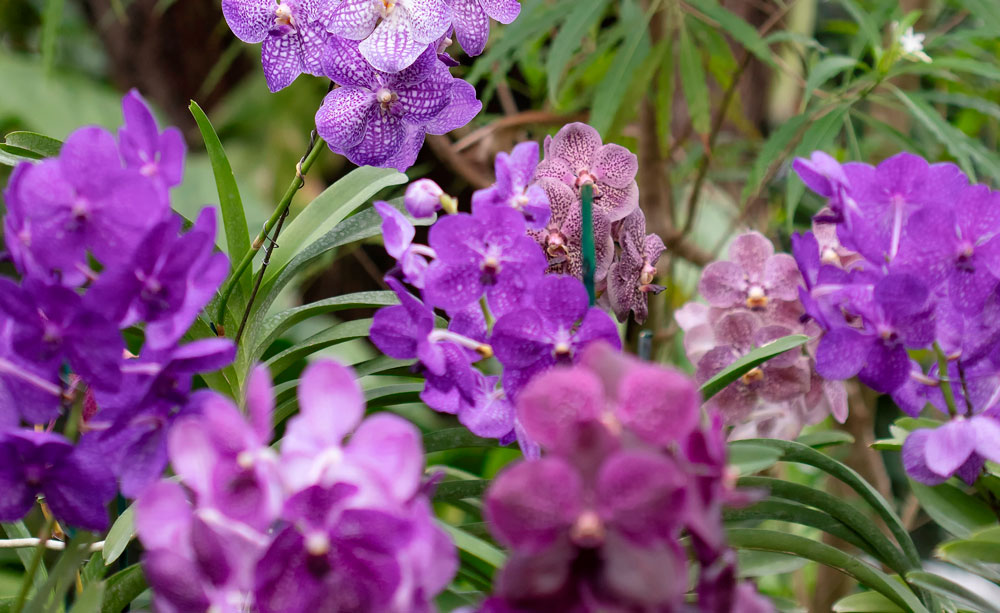






 Deering Estate
Deering Estate
 Massage Envy South Miami
Massage Envy South Miami
 Calla Blow Dry
Calla Blow Dry
 My Derma Clinic
My Derma Clinic
 Sushi Maki
Sushi Maki
 Sports Grill
Sports Grill
 The Healthy Kitchen
The Healthy Kitchen
 Golden Rule Seafood
Golden Rule Seafood
 Malanga Cuban Café
Malanga Cuban Café

 Kathleen Ballard
Kathleen Ballard
 Panter, Panter & Sampedro
Panter, Panter & Sampedro
 Vintage Liquors
Vintage Liquors
 The Dog from Ipanema
The Dog from Ipanema
 Rubinstein Family Chiropractic
Rubinstein Family Chiropractic
 Your Pet’s Best
Your Pet’s Best
 Indigo Republic
Indigo Republic




 ATR Luxury Homes
ATR Luxury Homes


 2112 Design Studio
2112 Design Studio
 Hamilton Fox & Company
Hamilton Fox & Company
 Creative Design Services
Creative Design Services
 Best Pest Professionals
Best Pest Professionals
 HD Tree Services
HD Tree Services
 Trinity Air Conditioning Company
Trinity Air Conditioning Company
 Cisca Construction & Development
Cisca Construction & Development
 Mosquito Joe
Mosquito Joe
 Cutler Bay Solar Solutions
Cutler Bay Solar Solutions


 Miami Royal Ballet & Dance
Miami Royal Ballet & Dance
 Christopher Columbus
Christopher Columbus
 Pineview Preschools
Pineview Preschools
 Westminster
Westminster
 Carrollton
Carrollton
 Lil’ Jungle
Lil’ Jungle
 Frost Science Museum
Frost Science Museum
 Palmer Trinity School
Palmer Trinity School
 South Florida Music
South Florida Music
 Pinecrest Orthodontics
Pinecrest Orthodontics
 Dr. Bob Pediatric Dentist
Dr. Bob Pediatric Dentist
 d.pediatrics
d.pediatrics
 South Miami Women’s Health
South Miami Women’s Health

 The Spot Barbershop
The Spot Barbershop
 My Derma Clinic
My Derma Clinic




 Miami Dance Project
Miami Dance Project

 Rubinstein Family Chiropractic
Rubinstein Family Chiropractic
 Indigo Republic
Indigo Republic

 Safes Universe
Safes Universe
 Vintage Liquors
Vintage Liquors
 Evenings Delight
Evenings Delight





 Atchana’s Homegrown Thai
Atchana’s Homegrown Thai
 Baptist Health South Florida
Baptist Health South Florida

 Laser Eye Center of Miami
Laser Eye Center of Miami
 Visiting Angels
Visiting Angels
 OpusCare of South Florida
OpusCare of South Florida

 Your Pet’s Best
Your Pet’s Best





 HD Tree Services
HD Tree Services
 Hamilton Fox & Company
Hamilton Fox & Company


 Creative Design Services
Creative Design Services